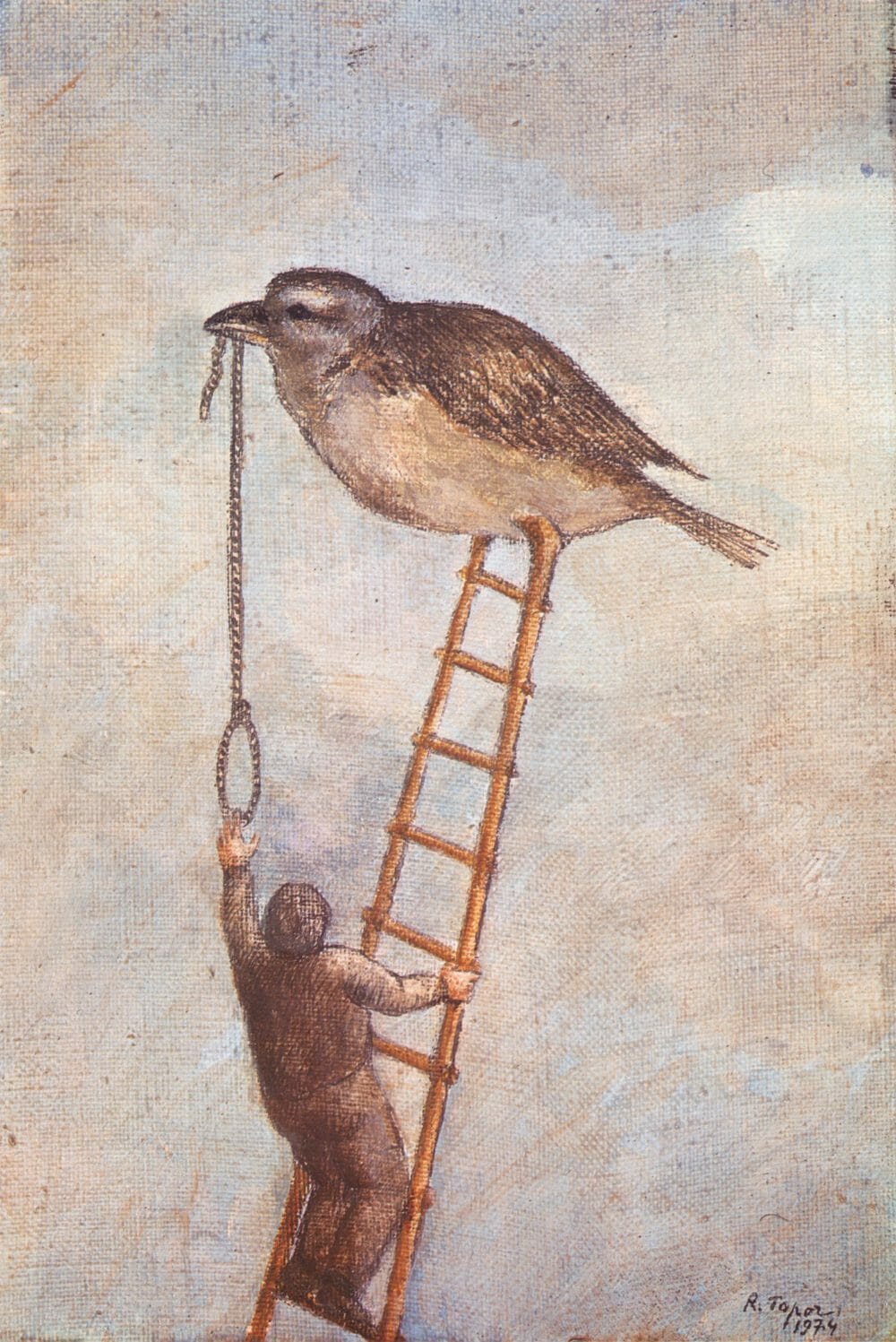017 ArchivesU.S. Senate apparently likes daylight saving time so much that it wants to make it permanent. Legislators unanimously voted to approve the Sunshine Protection Act on March 15, 2022, which would establish daylight saving time as the default all year round for the states that observe it — meaning darker mornings and brighter evenings in winter.
The bill must be passed by the House of Representatives and then signed by the President before it can come into effect. But if it does, Americans will no longer have to change their clocks twice every year starting from 2023.
"The public safety improvements, economic benefits, and the wellbeing of the American people are all excellent and credible reasons to embrace year-long Daylight Saving Time," said Senator Cindy Hyde-Smith. "I believe the Sunshine Protection Act would give us an immediate and long-term boost after a terrible pandemic year and a very dark winter."
Time zones will remain in place and unaffected, and states or territories which don't already observe daylight saving time won't be forced to do so.
Daylight saving time was first introduced to the U.S. in 1918 as a means of saving fuel during World War I, copying Germany's adoption of the practice in 1916. It was extremely unpopular with farmers, who had less morning light to help with their work, and was quickly scrapped as a national measure after the war.
However, some localities decided to keep daylight saving time — most notably New York City. Daylight saving time was more popular in urban areas because it provided more daylight after work hours for shopping and recreation, the increased spending also boosting the economy. Thus while rural areas were eschewing daylight saving time, cities were adopting it.
The U.S. reinstated a national daylight saving time during World War II, then abolished it again after the war ended in 1945. But the overall discord and confusion regarding time across the country remained, eventually prompting the Uniform Time Act of 1966. This law established time zones and daylight saving time, mandating that an entire state must stick to the same time, and that states which opt to use daylight saving time must change their clocks on nationally set dates.
Various experiments and amendments have been executed since then, including a fuel-conserving trial of year-round daylight saving time from 1974 to '75, and changes to start and end dates to extend daylight saving time.
Aside from averting missed meetings and no longer having to adjust all your clocks, supporters of the Sunshine Protection Act extol numerous benefits to permanently adopting daylight saving time.
The most immediately obvious purported upside is the energy saved, as people are expected to turn their lights on one hour later. Yet studies have been mixed or inconclusive regarding daylight saving time's actual impact on energy consumption, with some finding either minimal reduction or an actual increase.
Fortunately there are many other positive effects that make the switch to permanent daylight saving time well worth it. Moving our clocks forward to daylight saving time every year causes significant disruption to our sleep patterns, correlating to higher rates of strokes and heart attacks, and exacerbated mood disorders. A 2015 study found that people over 65 are 20 percent more likely to have a stroke in the two to five days after transitioning to daylight saving time than at any other time of the year.
SEE ALSO: Pets have no idea it's daylight saving time, and it's going to be a rough weekAbolishing this practice will eliminate this risk — as well as reducing motor accidents caused by driver fatigue and decreased visibility. In 2020 a study found a six percent increase in fatal car accidents during the week after clocks are adjusted in spring.
It's also hoped that making daylight saving time permanent will increase children's health and fitness by encouraging them to spend more time outdoors, while stimulating the economy by prompting adults to stay out longer. (Of course, it could also have a negative impact on some industries such as television.)
Further, the rate of crime may decrease, with a 2015 study finding robberies dropped by seven percent in the weeks after daylight saving time comes into effect. Though it isn't clear exactly why this is the case, researchers have theorised that increased daylight, a higher probability of witnesses, or simply fatigue could be contributing factors. Assaults have also been seen to drop, with rates decreasing at the start of daylight saving time and increasing after it ends.
The Sunshine Protection Act hasn't been made law yet, so you'll still have to adjust your clock back this November. But if the U.S. establishes a permanent daylight saving time, it may be the last time you need do so.
 Robin Triumphant
Robin Triumphant
 Wordle today: The answer and hints for February 5, 2025
Wordle today: The answer and hints for February 5, 2025
 Shop Casetify's Valentine's Day Sale and get 20% your purchase of two or more items
Shop Casetify's Valentine's Day Sale and get 20% your purchase of two or more items
 Save 72% on NordVPN two
Save 72% on NordVPN two
 Episode 4: The Wave of the Future
Episode 4: The Wave of the Future
 Best vacuum deal: Save $100 on Dyson V15 at Amazon
Best vacuum deal: Save $100 on Dyson V15 at Amazon
 NYT Connections Sports Edition hints and answers for February 5: Tips to solve Connections #135
NYT Connections Sports Edition hints and answers for February 5: Tips to solve Connections #135
 Best mesh WiFi deal: Save $150 on the Amazon eero Pro 6E
Best mesh WiFi deal: Save $150 on the Amazon eero Pro 6E
 Fyre Festival and Trump’s Language
Fyre Festival and Trump’s Language
 Best Amazon deal: The Echo Glow is on sale for under $25
Best Amazon deal: The Echo Glow is on sale for under $25
 Shop Owala's Memorial Day Sale for 30% off tumblers
Shop Owala's Memorial Day Sale for 30% off tumblers
 Laifen Swift deal: Our top Dyson Supersonic dupe is on sale at Walmart
Laifen Swift deal: Our top Dyson Supersonic dupe is on sale at Walmart
 Miami Heat vs. Philadelphia 76ers 2025 livestream: Watch NBA online
Miami Heat vs. Philadelphia 76ers 2025 livestream: Watch NBA online
 ICE is allegedly manipulating Google search results for 'mass deportations'
ICE is allegedly manipulating Google search results for 'mass deportations'
 Best robot vacuum deal: Save $200 on Eufy X10 Pro Omni robot vacuum
Best robot vacuum deal: Save $200 on Eufy X10 Pro Omni robot vacuum
 Uber and Waymo start the countdown for Austin launch next month
Uber and Waymo start the countdown for Austin launch next month
 Google Messages could get upgraded 911 emergency texting soon
Google Messages could get upgraded 911 emergency texting soon
 NYT mini crossword answers for February 5, 2025
NYT mini crossword answers for February 5, 2025
 NYT Connections Sports Edition hints and answers for May 19: Tips to solve Connections #238
NYT Connections Sports Edition hints and answers for May 19: Tips to solve Connections #238
 How to unblock XVideos for free
How to unblock XVideos for free
Lil Nas X came out on Twitter to cap off Pride MonthPlease think twice before Instagramming from this stunning Siberian ash pondNothing's next smartphone might launch in the U.S.'Quordle' today: See each 'Quordle' answer and hints for December 4Donald Trump hit a new low with racist tweets and everyone noticedSerbia vs Switzerland livestream: How to watch World Cup Group G liveJason Statham takes on latest viral test: The bottle cap challenge'The White Lotus' gave us a major Lucia hint in episode 1The thirstiest moments of 2019 (so far)'Quordle' today: See each 'Quordle' answer and hints for December 6The best viral videos of 2019 (so far)Jon Stewart returns to Capitol Hill to fight for 9/11 first responders fundingMeta's Oversight Board comes out swinging against Facebook's VIP 'crossJon Stewart returns to Capitol Hill to fight for 9/11 first responders fundingTwitter losing ad revenue during World CupNetflix's 'Harry and Meghan' reactions show critics are telling on themselves'Quordle' today: See each 'Quordle' answer and hints for December 3Meta's Oversight Board comes out swinging against Facebook's VIP 'crossApple Music Sing will bring karaoke to your Apple devices'Wednesday' Season 2: What will happen? We have 9 burning questions. Why is your phone in SOS mode? U.S. cell services have faced outages all morning. Apple is giving iMessage a massive security update First Neuralink patient can control a computer mouse by thinking, claims Elon Musk ChatGPT meltdown: Users puzzled by bizarre gibberish bug Best iPad deal: The iPad Mini is under $530 at Amazon Is WhatsApp banning sex worker accounts? Prime Video's 'Poacher' takes a deep dive into the ivory trade in India A severely sunburnt dolphin is recovering swimmingly because nature is resilient Get up to 44% off Samsung monitors at Amazon Zendaya and Timothée Chalamet sport matching coveralls for 'Dune: Part Two' promo Stop putting wet phones in rice, Apple warns. Here’s why. France helpfully corrects Trump's video on climate change 5 ways Trump's Paris Agreement decision will affect you YouTube bests Netflix, Disney+ as the top streamer of 2023 Wordle today: The answer and hints for February 22 How to watch 'Shōgun': premiere date, streaming deals, and more Best earbuds deal: Get 20% off JBL earbuds at Amazon Brad Pitt, as a weatherman, sums up climate change with one simple sentence How to watch 'Avatar: The Last Airbender': Streaming details, Netflix deals, and more U.S. mayors and governors defy Trump, will stick to Paris agreement anyway
1.5707s , 8223.8671875 kb
Copyright © 2025 Powered by 【2017 Archives】,Inspiration Information Network